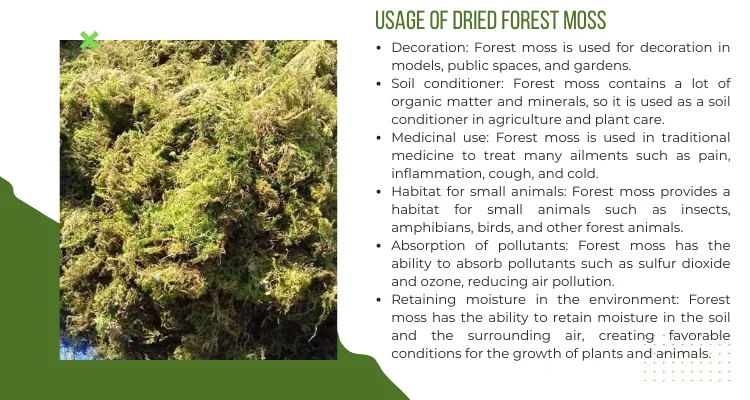Discover the Best Mulch That Doesn't Attract Termites for a Pest-Free Garden
---When it comes to maintaining a beautiful and healthy garden, one of the most important factors to consider is the type of mulch you use. Not only does mu……
---
When it comes to maintaining a beautiful and healthy garden, one of the most important factors to consider is the type of mulch you use. Not only does mulch enhance the aesthetic appeal of your landscape, but it also plays a crucial role in soil health, moisture retention, and weed control. However, many gardeners are often concerned about the potential for termites and other pests to invade their outdoor spaces. This is where the concept of using mulch that doesn't attract termites comes into play.
Choosing mulch that doesn't attract termites can significantly reduce the risk of termite infestations while still providing all the benefits associated with traditional mulching materials. Here, we will explore the various types of termite-resistant mulches, their advantages, and how to implement them effectively in your garden.
#### Understanding Termite Behavior
Termites are notorious for their destructive feeding habits, particularly when it comes to wood-based materials. They thrive in warm, moist environments and are often attracted to organic mulches, such as wood chips or bark. By understanding the behavior of termites, gardeners can make informed decisions about their mulching options.
#### Types of Mulch That Don't Attract Termites
1. **Rubber Mulch**: Made from recycled tires, rubber mulch is an excellent alternative that does not decompose, making it unattractive to termites. It also provides good drainage and weed control.
2. **Gravel or Stone Mulch**: This inorganic option is not only termite-resistant but also offers a unique aesthetic. Gravel and stones can help with drainage and are ideal for xeriscaping, reducing the need for water.

3. **Cocoa Hull Mulch**: While cocoa hulls are organic, they are less appealing to termites due to their high fat content. However, it's essential to use them cautiously, as they can be toxic to pets.
4. **Synthetic Mulch**: Various synthetic materials mimic the look of traditional mulch without the risk of attracting termites. These products are durable and can last for years without needing replacement.
#### Benefits of Using Mulch That Doesn't Attract Termites
Utilizing mulch that doesn't attract termites offers several advantages:
- **Pest Control**: By choosing termite-resistant options, you significantly reduce the risk of infestations, protecting your home and garden.
- **Longevity**: Many non-organic mulches last longer than traditional wood-based mulches, requiring less frequent replacement.
- **Aesthetic Variety**: With numerous colors and textures available, you can create a visually appealing landscape that complements your home.
- **Environmental Benefits**: Options like rubber mulch are made from recycled materials, making them an eco-friendly choice.
#### How to Implement Termite-Resistant Mulch in Your Garden
To effectively use mulch that doesn't attract termites, follow these steps:
1. **Prepare Your Garden Bed**: Remove any existing organic mulch and debris to create a clean slate.
2. **Choose Your Mulch**: Select from the termite-resistant options mentioned above based on your garden's needs and aesthetic preferences.

3. **Apply the Mulch**: Spread the mulch evenly over the garden bed, ensuring a depth of 2-4 inches for optimal moisture retention and weed control.
4. **Monitor and Maintain**: Regularly check your mulch for any signs of pest activity and replenish as necessary.
### Conclusion
In summary, selecting mulch that doesn't attract termites is a smart choice for any gardener looking to protect their outdoor space from pests while still enjoying the many benefits of mulching. By understanding the types of mulch available and implementing them correctly, you can create a stunning, healthy garden that remains free from termite threats. Whether you opt for rubber, gravel, or synthetic options, you can achieve a beautiful landscape that stands the test of time.